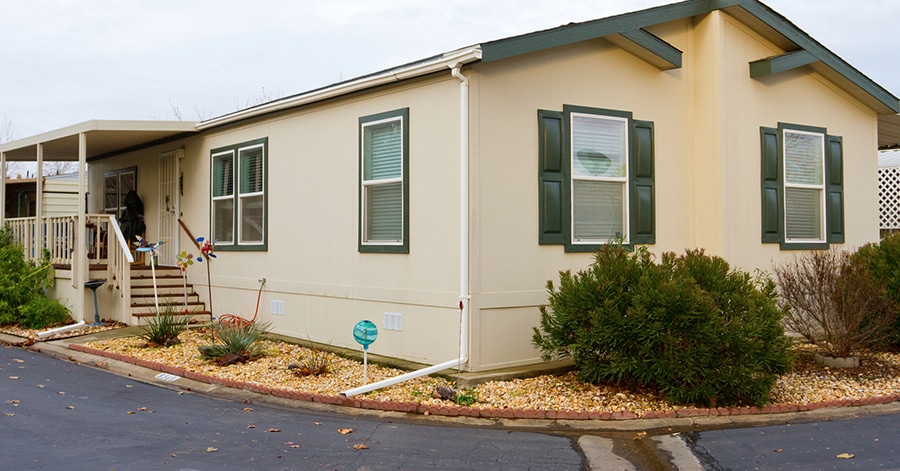North Carolina Revises Coastal Insurance Program

Legislators in North Carolina have been trying to get a handle on their state’s woefully under-funded insurance program for coastal property, and almost immediately had to deal with the very real possibility that a catastrophic hurricane season could increase rates for all property owners, not those with beach-front homes.
Legislation geared to correct flaws in the Beach Plan, as the current state-created program is known, was introduced in the House Insurance Committee last week, and it is expected the work will continue this week. The bill being submitted includes a proposed cap on insurers’ risks from a catastrophe, and a shift of the excess costs to re-build to policyholders.
Under the current plan, insurers have no cap on the amounts they may have to pay out, and many companies have warned the state that they would either reduce their business or leave North Carolina entirely unless change was imminent. According to Insurance Commissioner Wayne Goodwin, such a scenario would adversely impact competition for consumers.
Speaking about the pending legislation, Goodwin said, “I have no choice but to believe some of what the insurance companies say is true. This is not a perfect bill, but it has protections for consumers.”
The Beach Plan was originally created thirty years ago as a last-resort insurance solution for owners of coastal properties, but its exposure has expanded immensely as insurers have repeatedly increased their rates, with the greatest increase happening after Hurricane Andrew in 1993. Currently, the Beach Plan insures 170,000 properties with total values of almost $74 billion, but there are only enough funds to rebuild a fraction of those properties.
new bill allows a 10 percent increase to every property insurance premium if claims filed under the Beach Plan exceeded $2.4 billion in assets, reinsurance, and additional assessed charges on insurance companies. In addition, insurers could be forced to pay for claims on Beach Plan policies in addition to paying off their own policy holders who suffered storm damage.
homeowners, the statewide surcharge is an extra $65 / year, assuming an average annual premium of roughly $650, but according to insurance industry lobbyist John McMillan, the surcharge would only kick in if Beach Plan losses were greater than that $2.4 billion threshold. McMillan added, “When you get calls about the possibility of surcharges in the western part of the state, it is very, very remote.”
In addition to the surcharge, the new measure includes the following changes to the existing Beach Plan:
- The name of the program will be changed from “Beach Plan” to “Coastal Property Insurance Pool.”
- Surpluses collected in times when no claims were paid under the plan will no longer be re-distributed to insurance companies.
- The maximum pool coverage on residential properties would be reduced from $1.5 million to $750,000. Any portion of the property value that exceeds $750,000 would have to be insured via a more expensive excess and surplus plan, and the first $750,000 would not be covered by the pool until the remaining value was covered.
- Wind and hail policies would have a minimum deductible of at least 1%.
These are just some of the changes to the Beach Plan. For more information, North Carolina property owners should contact their current insurance policy carriers and/or the state Insurance Board.
